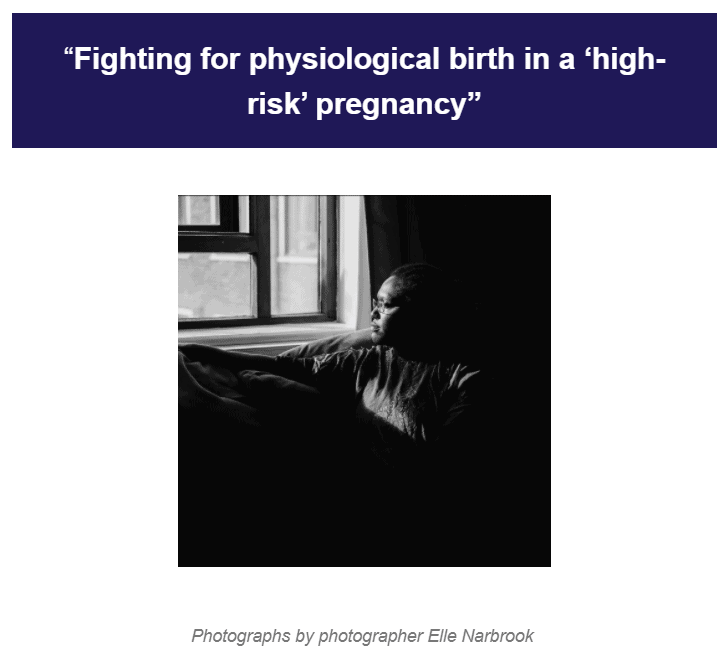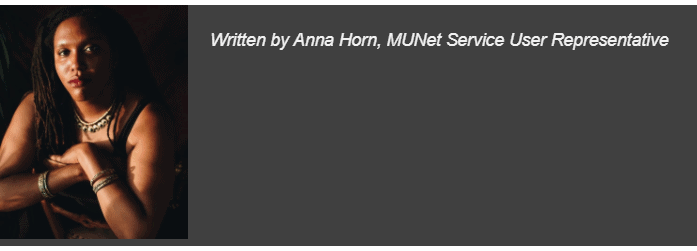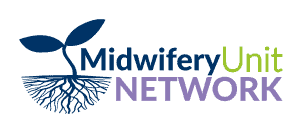

Welcome to our September newsletter!
A warm welcome from the MUNet team; we hope you have all enjoyed the summer.
One of our core philosophies is the principle of personalised care and partnership in decision making; we believe this underpins the bio-psycho-social model of care and should be applied to all pregnancies and births, whether uncomplicated or complicated. Unfortunately, we know that personalised care is often at odds with a dominant, risk-centric and paternalistic model of maternity care. We also know that when a once ‘low risk’ pregnant person becomes labelled as ‘high risk’, pathways of care can shift significantly, together with the sad reality that personalised, autonomous decision-making may become a “battle” and a source of great anxiety for many woman and families.
This month’s thought-provoking newsletter is written from the perspective of a current service user receiving care within the NHS maternity services. We are humbled that Anna has kindly taken the time to write such an honest, reflective and considered article for MUNet – we wish her a healthy and enjoyable remainder of her pregnancy and a beautiful, optimal birth experience. Enjoy!
————————————————————————————————————
Benefits of spontaneous labour followed by a physiological birth in midwifery-led settings are well known. Many women and birthing people strive for a natural birth for its advantages including faster recovery, optimal start to breastfeeding/chest-feeding, low interventions and minimal drug-use. However, what becomes of these options when your pregnancy moves away from normal?
Whilst carrying my first child, the status of a ‘low-risk’ pregnancy helped to facilitate access to an array of birthplace options, including the local birth centre. I went into a labour naturally at 38 weeks and gave birth in water. I put my daughter to the breast almost immediately and we continued breastfeeding for the next 3 years. Despite the early challenges with jaundice and recovering from 3rd degree perineal tear, I look back at my birth experience with positivity and a sense of empowerment.
In March of 2021, I fell pregnant again with our second child, expecting a similar pathway to birth. In the years following the birth of my first child, I engaged in much reflection, advocated for midwifery-led care and felt more confident in my ability to birth. Initially I considered planning a home birth. However, my plans quickly came to a halt after receiving a diagnosis of gestational diabetes at just 10-12 weeks into the pregnancy.
Immediately, my care team was transferred from midwifery-led care to a multidisciplinary team which included a diabetes nurse, a diabetologist, an obstetrician, a dietician and a midwife – all of whom I only met once, apart from one member of the diabetes team. My world was damningly consumed by finger pricks and glucose readings. I soon learned that despite national guidelines on glucose levels in pregnancy, advice on appropriate glucose levels varied across the country in practice. Overnight I adapted a new diet and exercise routine to manage gestational diabetes and I soon lost the headspace to think, speak or read about anything else. I retracted from work, my studies and family.
To exacerbate matters, the contact from the diabetes team started to suggest medication just 3 days into monitoring my glucose levels, suggesting tablets for fasting glucose levels which were only marginally above national targets. It only elevated my anxiety around facing a medicalised birth. I bore the mark of a ‘high-risk’ woman and with the brand, I felt that personalised, culturally safe care also whittled into pieces on the floor.
After the start of gestational diabetes management, I fell into a dark mental space. Consultations with the care team often ended in tears. I didn’t experience antenatal care as a pregnant woman, but as ‘walking/talking diabetes’. Conversations centred around risks, glucose levels and a push to start insulin. With each step towards insulin, I knew that the option of a birth centre would no longer be available to me. Medicalised induction and cesarean section looked more likely in my future and because the care focused on diabetes, I had no way of discussing these options. One health care professional was particularly dismissive of my concerns and pushed a medicalised approach without listening to my challenging experiences of living with gestational diabetes. Due to these negative interactions, I felt unable to discuss my concerns openly and never felt comfortable sharing alternative therapies I used to help manage glucose levels.
Many women I saw in the antenatal clinics for gestational diabetes were often women of colour. As a Black pregnant woman, I could see how being ‘marked’ as ‘high-risk’ in combination with other factors could alienate women of colour in maternity services. Guidelines can sometimes take an oppressive nature if care providers view them as rules with no consideration of individual needs, wishes or circumstances. A lack of personalised and holistic care produces rigid practices which only considers clinic outcomes and ignores the experiences of women, babies and families. Finally, power dynamics and one-way communication systems which centres the health care professional removes a woman’s place as the ultimate decision maker about the choices which impacts her body, health and baby.
In time I realised that I needed an ally within the health service. I eventually contacted a consultant midwife who arranged several sessions with me where I could voice my experience and concerns. My care was transferred to another site within the Trust where I have received significantly better care thus far. Consultations, at this point, feel like conversations instead of a one-way stream of communication from the health care professional. The decision to move onto insulin to manage glucose felt like my own instead of one which was imposed upon me. My baby continues to bloom, and I find myself finally able to enjoy being pregnant and preparing for my growing family.
Through this experience I have learned that my autonomy, power and ability to birth is not relinquished with any diagnosis. Having a care team which supports woman-centred care, in philosophy and action, is pivotal in facilitating human rights. I’m grateful to those who listened to me, those who have supported me and ultimately to my convictions of physiological birth. Currently, I am over half-way through my pregnancy and am planning a physiological. I accept that circumstances may change, but I am confident in my ability to make decisions each step of the way.

Our September webinar aligns wonderfully with the subject matter of this newsletter; we’ll be discussing how the industrial / medicalised model of care many of us practice within is often in opposition to the philosophy and ethos of true midwife-led care.
Join us for our free webinar on 28th September 2021: 12:30-14:00 BST: “The eleventh hour for midwifery? Reconnecting to what counts in our profession.” Find out more by clicking on button below.
September Webinar
With thanks, The MUNet Director Team (Lucia, Chantelle, Ellen and Richard).

